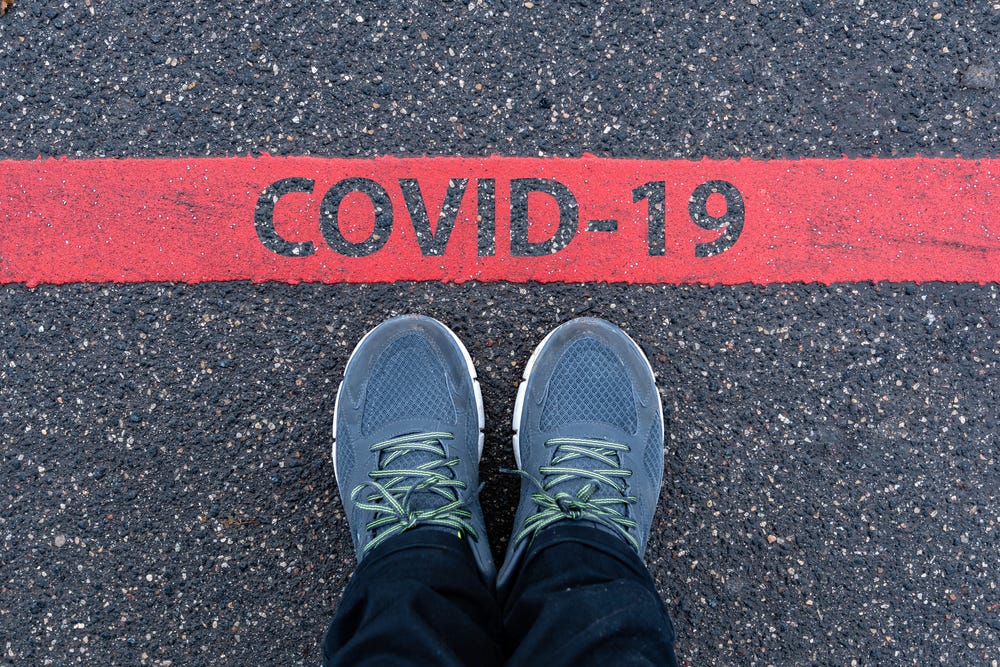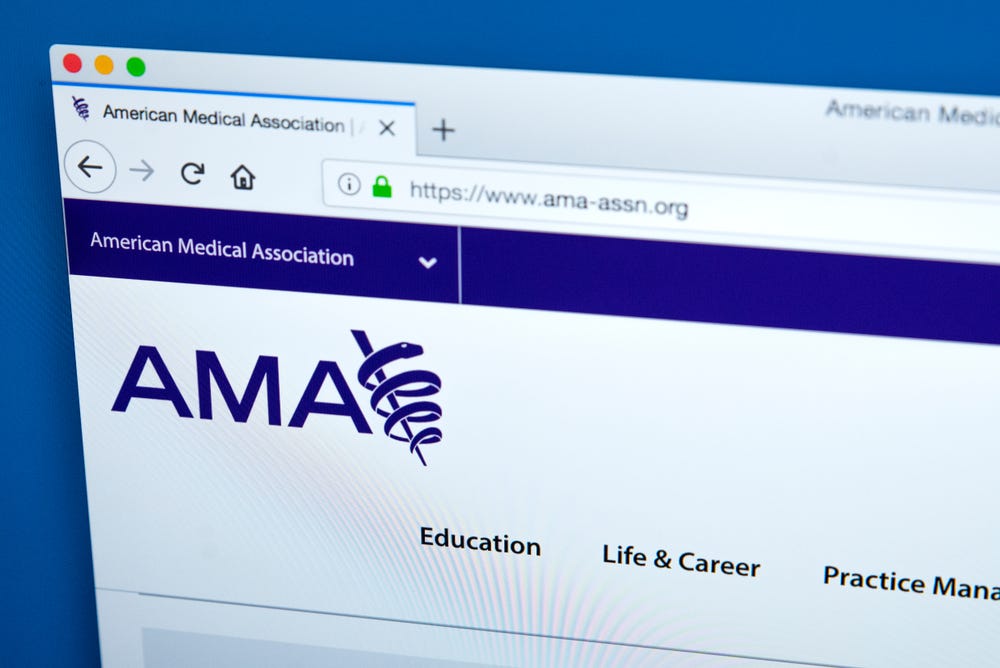E-Pluribus | December 3, 2021
Freedom of movement in a pandemic in a democracy, accepting the results of due process, and wokeness in medicine.
A round up of the latest and best writing and musings on the rise of illiberalism in the public discourse:
Eugene Kontorovich: Covid-19 and the Right to Travel
Travel bans and restrictions have been one of the most contentious issues raised by efforts to stem the COVID-19 pandemic. Freedom of movement however, Eugene Kontorovich writes at the Wall Street Journal, is so fundamental to a democratic society that the bar should be extremely high for instituting such measures on US citizens, even in the name of public health.
The Washington Post reports the administration is considering a mandatory seven-day quarantine for everyone arriving from abroad—regardless of citizenship, vaccination or a negative Covid test. Some observers have urged officials to go further and ban entry by unvaccinated citizens or by citizens returning from high-risk countries.
The government has the authority to impose reasonable health inspections at the border. But these measures would go further than anything that has ever been done. They raise significant constitutional questions.
The right to enter their country is an essential element of citizenship. In 1215 the Magna Carta proclaimed: “It shall be lawful for any man to leave and return to our kingdom.” In the 20th century, the Supreme Court declared that “the right to travel is part of the ‘liberty’ of which the citizen cannot be deprived without due process of law under the Fifth Amendment. . . . Freedom of movement is basic in our scheme of values.”
Read it all.
Robby Soave: Socialist Students Want Arizona State University To Expel 'Racist Murderer' Kyle Rittenhouse
The acquittal of Kyle Rittenhouse in a court of law means nothing to some of the detractors of the 17-year old who killed two and injured one in Kenosha during a riot in August of 2020. Via Robby Soave of Reason, despite the due process the case received, some colleges have issued statements decrying the verdict as evidence of “white supremacy,” and some student groups have even called for Rittenhouse’s expulsion from Arizona State University's online education program where he recently enrolled.
Leftist students have free speech rights, and they can exercise those to protest Rittenhouse if they wish. But a great many university administrations—whose formal stances on public policy matters unrelated to education would be better left unsaid—have also taken sides against Rittenhouse.
The Atlantic's Conor Friedersdorf noted in a recent article that the Universities of California at Santa Cruz and Irvine, as well as The New School in New York, all released statements protesting the outcome of the trial and suggesting that Rittenhouse's not-guilty verdict was evidence of the power of white supremacy in U.S. society.
[…]
At U.C. Irvine, the vice chancellor for equity, diversity, and inclusion and chief diversity officer said in his official capacity that "the conclusion of this trial does not end the reckoning about systemic racism in the United States. If anything, it has simply made it more legible."
It's difficult to understand why the chief diversity officer of a school thousands of miles away from Kenosha felt the need to weigh in on this matter on behalf of the school, and in a manner that suggests any student who disagrees might be an accomplice to racism. But weigh in he did.
[…]
ASU's administration, to its credit, did not join in. A spokesperson confirmed to the media that Rittenhouse wasn't actually enrolled, but said nothing about keeping him off campus—to the disappointment of the socialists, undoubtedly.
Read the whole thing.
Sally Satel: What is Happening to My Profession?
Over 20 years ago, Dr. Sally Satel, a psychiatrist and educator, wrote about political correctness invading the medical field. The “PC” terminology has changed, but the trend has not. At Quillette, Satel asks again where her profession is headed after the American Medical Association released its new guidelines, Advancing Health Equity: A Guide to Language, Narrative, and Concepts. (See also, Pluribus, November 17, item #3.)
In important ways, I hardly recognize my profession. Last year, the Association of American Medical Colleges, a major accrediting body, informed medical schools that they “must employ anti-racist and unconscious bias training and engage in interracial dialogues.” One of my colleagues told me that her school jettisoned lectures in bioethics to make room for the anti-racist curriculum. “Which is ironic,” she said, “because that was where students were taught about subjects like the Tuskegee syphilis experiment.” What other essential subjects will anti-racism training displace?
The implementation of the social justice agenda has constrained collegial discourse, challenged the maintenance of standards, and suppressed honest analysis of certain problems. In her article called “What Happens When Doctors Can’t Tell the Truth?,” Katie Herzog wrote of “doctors who’ve been reported to their departments for criticizing residents for being late. (It was seen by their trainees as an act of racism) … I’ve heard from doctors who’ve stopped giving trainees honest feedback for fear of retaliation. I’ve spoken to those who have seen clinicians and residents refuse to treat patients based on their race or their perceived conservative politics.”
[…]
I strongly agree that much of black Americans’ disadvantage in health and access to care is the cumulative product of legal, political, and social institutions that have historically discriminated, and sometimes continue to discriminate, against them. Systemic racism may indeed have broad explanatory value regarding health disparities, but, as an analytic framework, it doesn’t yield realistic prescriptions. Just what are physicians supposed to do? Become activists? The AMA’s answer is yes. In a strategic plan it released last spring, the organization urged doctors to “push upstream to address all determinants of health and the root causes of inequities, dismantle structural racism and intersecting systems of oppression.”
This is no solution. Physicians cannot—and should not—“dismantle racism and intersecting systems of oppression” as part of their clinical mission. To imply that such activity falls within our scope of expertise is to abuse our authority. Doctors can reasonably lobby for policies directly promoting health, such as better coverage for patient care or more services, but we will lose our focus and dilute our efforts to care for patients if we seek to address the perceived root causes of health disparities.
Read it all here.
Around Twitter
Some thoughts on the differences in tactics on the left versus the right from Christian Alejandro Gonzalez, via Heterodox Academy:
The View (!) hosts John McWhorter to discuss his book on the “anti-racist” movement:
Presented without comment:
Finally, Peter Boghossian takes us into the weekend with “cis”:











